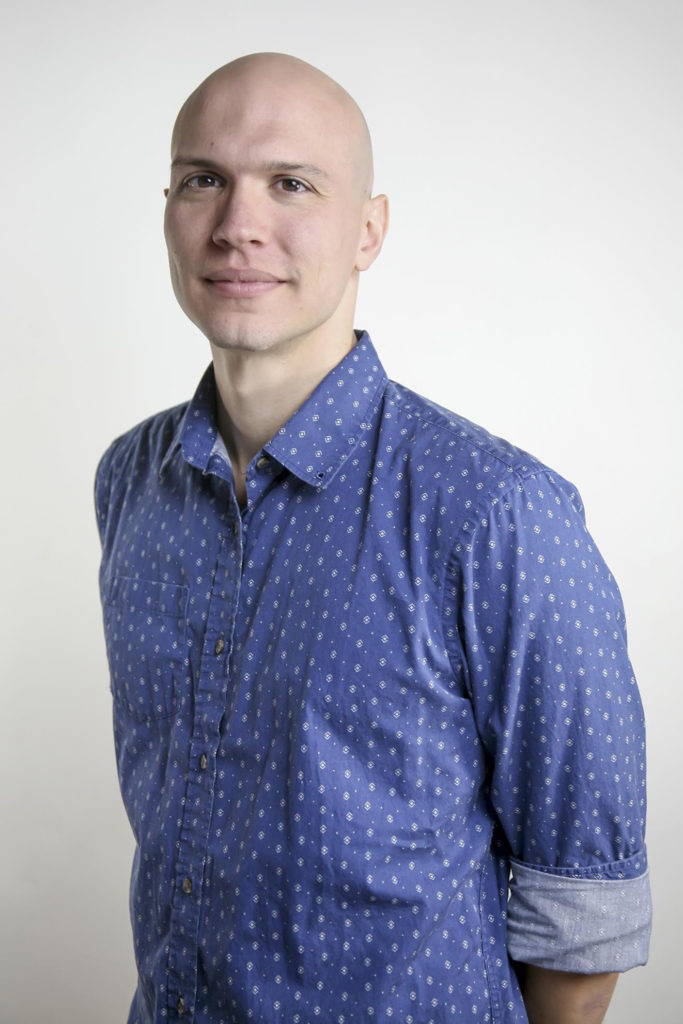Seth Frey, University of California Davis – Poker
 What can poker experts tell us?
What can poker experts tell us?
Seth Frey, assistant professor of communication at the University of California Davis, looks into how winning poker players use two sources of information where most only see one.
I am an Assistant Professor of Communication at the University of California, Davis, in the Computational Communication lab. Before a fellowship Dartmouth College’s interdisciplinary Neukom Institute for Computational Science, I was a postdoctoral researcher at Disney Research, a part of Walt Disney Imagineering, where I applied my expertise to both theoretical and practical questions about engineered social systems, such as games, sports, online communities, and theme parks. In 2013, I earned a Ph.D. in Cognitive Science and Informatics at Indiana University, after two years at the New England Complex Systems Institute. I earned my B.A. in Cognitive Science from UC Berkeley in 2004.
Poker
Games are important for telling us how people think and how we think about each other. My friends and I wanted to know what distinguishes expert poker players from amateurs. Winning in a game like poker means making profitable decisions while staying unpredictable.
But if you think about those goals are opposed. Making profitable decisions means leveraging your opponents behavior, while staying unpredictable often means randomizing on their behavior. Should you leverage it or ignore it? Can you have it both ways?
To answer these questions we looked at a few million hands of online poker by tens of thousands of players. With special attention to how players mixed private information, the strength of their cards, with public information, the strength of their opponent’s action.
We showed that unprofitable players, the losers, were more likely their cards and focus more myopically on their opponents. While experts were more likely to act not on their opponents alone or even on their cards alone. But on how those two interact.
Basically, the experts were better at combining different sources of information to gain new, more holistic insights that couldn’t have come from one place alone.
Okay, so poker experts are better at thinking about poker. What’s so interesting about that? Well if you remember our question, there is this trade-off between being profitable and being unpredictable. But if you never react to the player without scrambling your reaction up with your cards you make your intentions impossible to reverse engineer.
With holistic reasoning experts literally encrypt their thinking with their cards. Exploiting their opponents, while revealing nothing about themselves. Where so much of the research about decision making treats people’s victims of uncertainty beyond their control, what we have here are experts actively courting uncertainty, and bending it very creatively to get ahead.
With the same technology that keeps your computer secure. Whoever expected that from studying games?


